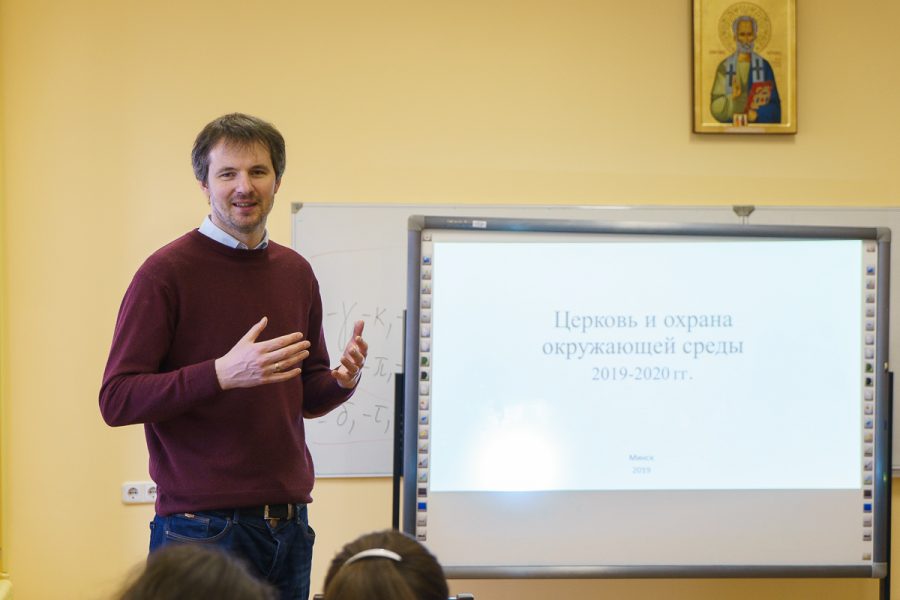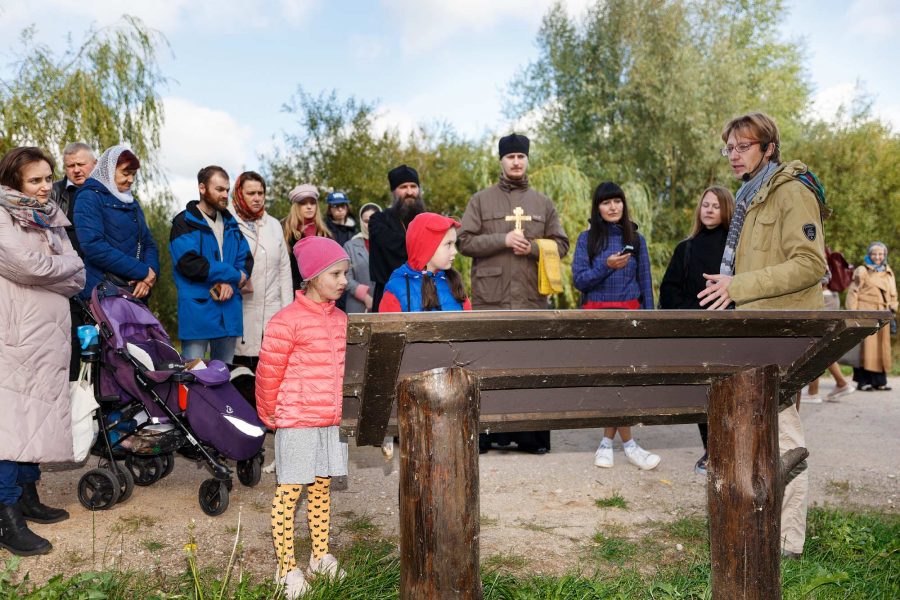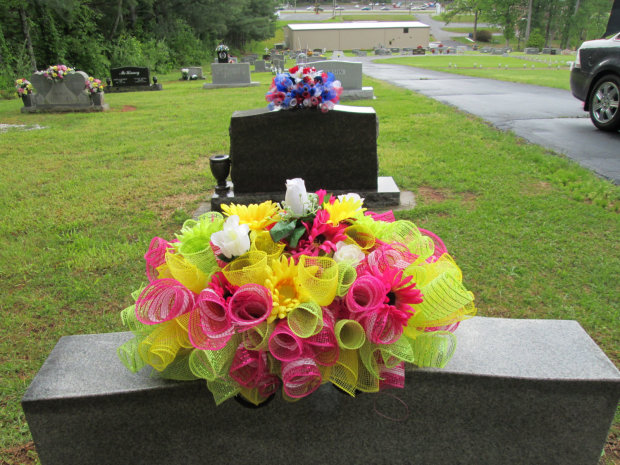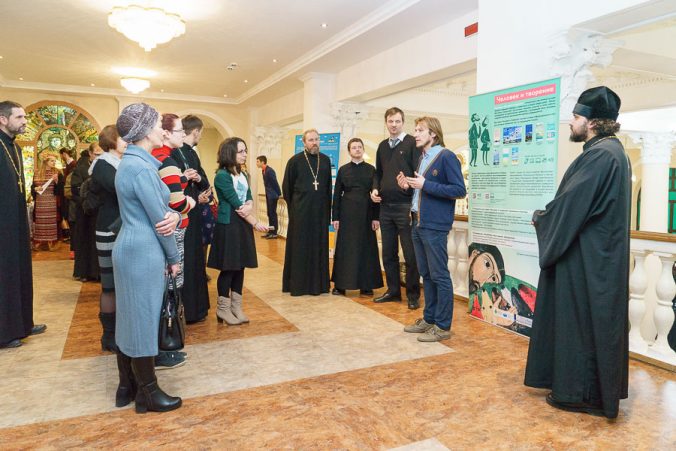On the first Sunday of September, the day determined by the Church for intense prayer for God’s creation, we talk with the director of the Center for Environmental Solutions, head of the Working Group on Cooperation between the Belarusian Orthodox Church and the Ministry of Natural Resources of Belarus Eugeniy Lobanov. Eugeniy discusses how environmental initiatives are applicable in the Church, what the annual prayer for the Earth gives and what each of us can do.
«An increasing number of Christians began to understand that ecology is their area of responsibility».
The Day of Prayer for God’s Creation was officially established in Russian Orthodox Church on the first Sunday of September not so long ago — in 2015. However, this day within the framework of the youth movement began to be held in Belarus much earlier. With the support of the BOC Youth Association and later of the Synodal Department an educational seminar for brotherhoods and all concerned Christians was held annually in September. And I could not help but start a conversation with Eugeniy with a provocative question.
— You have been praying for God’s creation for so many years. According to your feelings, has anything changed?
— It is difficult to connect the events: here we are praying, and this makes it worse/better. It’s like with social work. The Church has been engaged in it for so many years and whether it has become better or worse with social protection — I think no one has researched. Perhaps, if the Church had not prayed for creation, some kind of environmental catastrophe would have happened. Or maybe not. This is probably the sphere of questions the answer to which we will no longer find out in this life.
On the other hand, I see that over the years church initiatives in the field of environmental protection have clearly increased. It is clear that the level of involvement is different. There are parishes where environmental protection is an important social service. For example, the parish of St. Nicholas of Japan in Minsk with its eco-trail and various educational events. It can be seen that for these people this topic has become an important part of identity as a parish.
— Do you think it is possible to equate the concepts of living environmentally friendly and living morally, in a Christian way?
— Living like a Christian is a much broader concept, but it includes the fact that I try to live environmentally friendly. If I am a Christian, I take good care of my surroundings including nature. I honestly treat natural resources which are available to me and do not try to shift problems onto the future generation or other people. It seems to me that these are universal values when, for example, I come to rest in a beautiful place and leaving it later I take all the garbage with me. Any Christian should be especially sensitive to this. And this should go to a higher level: you do not only stop littering, but also start thinking about what else can be done in your everyday life for the environment.
People often strongly divide between church life and everyday issues. For example, on Sunday I am a Christian but on weekdays I can work even in a casino and this does not cause any dissonance to me. And our task is to provoke a person that he/she could notice the problem and start thinking how to solve it. After all, we often do not see the problem, so, in this case it is senceless thinking about how to solve it.
— In the West the Church seems to be much more concerned about environmental pollution. In Norway, for example, the Cathedral of Hope is being built from the remains of plastic containers. I cannot imagine such a building project here.
— If we are talking not only about the Orthodox Church ,then yes, the Christian churches in the West are quite active — especially the Protestant ones in Sweden, Norway and Germany. There are two perspectives of their activity.
The first is internal management issues. You can buy water in glass bottles or in plastic; you can install energy-saving lamps or you can stay with incandescent lamps. There are a lot of such questions in every parish. In churches in many countries this is a serious topic that the administration is dealing with.
And the second one. Churches in the West are actively involved in discussions on global or national environmental solutions, for example, under the Climate Change Convention. They take positions on climate change issues and see it as their area of responsibility.
The Orthodox Church is far less active in this regard.
— It seems to me that the Church has not avoided the problem of excessive production. In our church shops there are a lot of plastic icons, bracelets, candlesticks. Often all this is of low quality, something is rejected even before the sale. This mechanism will be difficult to rebuild.
— It is a very complex topic to talk about. Indeed, there has become too many plastic items. And we should also think, maybe we don’t need so many cheap plastic icons and other attributes. This is not the main thing.
Or take artificial flowers. Unfortunately, there are church organizations that sell willows with plastic decorations on Palm Sunday because it looks beautiful and, accordingly, can be sold at a higher price. It is clear that the sale of icons and willows is an opportunity to replenish the parish budget. But there is always a choice: how the things you want to do relate to things that are valuable to you. It’s hard to stop at once. But the voice of the priests and bishops how they all see the problem is really important here. It seems to me that as the Church’s understanding of environmental issues grows, something will gradually change. It is difficult to expect quick solutions. But we must understand that we have a limited time. Because these are questions that are becoming more and more urgent.
«Environmental organizations should not be perceived as a service for environmental protection».
The Center for Environmental Solutions, headed by Eugeniy, was founded in Minsk in 2009. It is a non-profit organization that promotes environmentally friendly lifestyle in various ways. When I did a little research on the site of the center https://www.ecoidea.by/ru my head was spinning from the number of events that have been held over the years. And also I immediately wanted to buy containers for separate waste collection and never again buy water in disposable bottles.
In addition, with the support of the Center for Environmental Solutions, a unique website was created — «Man in Responsibility for Creation» http://tvorenie.by/. Today this is the only site in Belarus dedicated to the role of Christianity in solving environmental problems.
— Eugeniy, your center was formed 11 years ago. Was there anything similar at that time in Belarus? And what was the general situation with environmental organizations at that time?
— In fact, we started working earlier. In 2009 we just officially registered as an organization. And many of us have been working in the environmental movement in one form or another since the 2000s. We are certainly not the first environmental organization. «Ecohome», » APB-BirdLife Belarus», «Ecopartnership» were formed earlier. Different organizations have different specializations. APB deals more with wildlife, ecosystems, environmental education, «Ecohome» is involved in the issues of environmental protection of rights. We initially had a range of tasks related to waste, an environmentally friendly lifestyle, environmental education. So, at that time there were already environmental organizations but in the niche that we occupy there were not many of them. Although, of course, on some issues we overlap. And we are glad that we are not alone.
— Technologies that appear every year do not yet help to cope with environmental problems?
— On the one hand, technologies that appear take into account the parameters of energy efficiency and resource saving since ecology is gradually becoming a trend. People see the importance of these issues and this dictates certain changes at the stage of product design. For example, electric cars are not surprising to anyone today. And 10 years ago there wasn’t any in our country.
But on the other hand, technologies do not always change for the better. Let’s take the situation with containers and packaging. 20 years ago there was a lot of glass including recycled glass. The bottle could be reused many times. And then the plastic era came and everyone started using disposable PET. Our challenge is to make plastic items more sustainable — biodegradable or compostable. Although, again, we understand that the situation is not improving globally. We’re just slowing down not very successful resource use.
— In what areas has your organization achieved success? What are you especially proud of over the years?
— We have done a lot during these years to popularize an environmentally friendly lifestyle, ordinary people began to think about it. We organized a lot of educational events, worked with teachers and children.
At the same time, we have chosen focus directions of activity. These are topics concerning waste, chemicals, organic farming. There are small but shifts everywhere. Somewhere we were like catalysts, somewhere we supported the efforts of other organizations or government agencies, somewhere we helped people solve the problem with waste or a hazardous environmental object near their territory.
We have been running the Ecostart school for many years in a row where for a fairly long period people are immersed in the environmental movement. A lot of individual projects and initiatives were born from this. We made a very big contribution to passing the law on organic agriculture in Belarus some years ago.
— Some people think that all these appeals to sort waste and use textile bags in the store are digging in the little things. Many people expect global projects from environmental organizations. Like, for example, the pipe clearing the ocean from the Mexican spot, invented by the Dutchman. Is this possible for Belarus?
— One can look at it from different points of view. On the one hand, it is important that a person would not expect someone else to do everything for him but could help those who is coping with environmental problems. Environmental organizations should not be perceived as an environmental service.
It is important for a person to understand that many questions depend on him/herself. It is clear that I cannot alone stop climate change or solve the plastic problem. But it’s important to understand that these problems didn’t come out of nowhere. They have appeared because millions of people are doing about the same things. They want to buy convenient, cheap packaging and not to think about what happens to it after. It is more convenient for them to drive everywhere in their personal car, without thinking about the problems of greenhouse gas emissions. It is more convenient to take a disposable plastic bag every time at the checkout in the store, without thinking too much that billions of people are doing the same.
Then we get the problem in the Gulf of Mexico and other places. In this case the role of each person is especially important. Returning to the topic of Christian understanding of the problem, this is a clear illustration of the fact that something depends on me. I can do either evil or good. I can simply refrain from evil and I can actively do good. The problem will not disappear because of me alone. But it is me and only me who is responsible for my actions.
Interviewed by Svetlana Pavlyukevich
Source: https://orthos.org/
